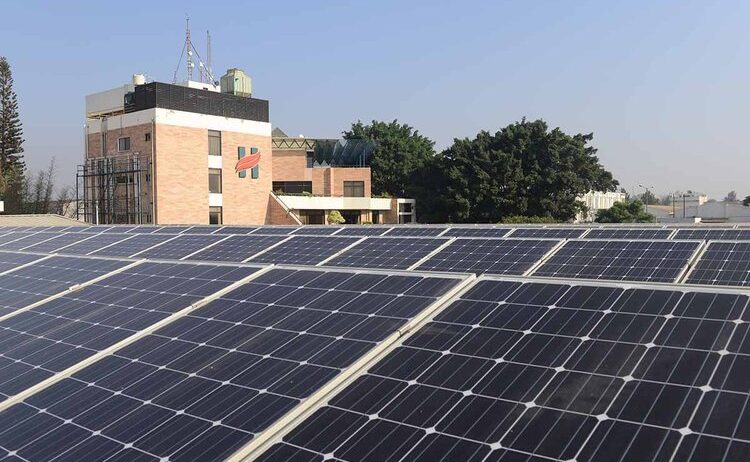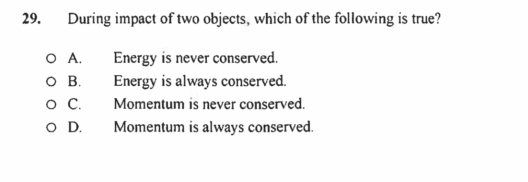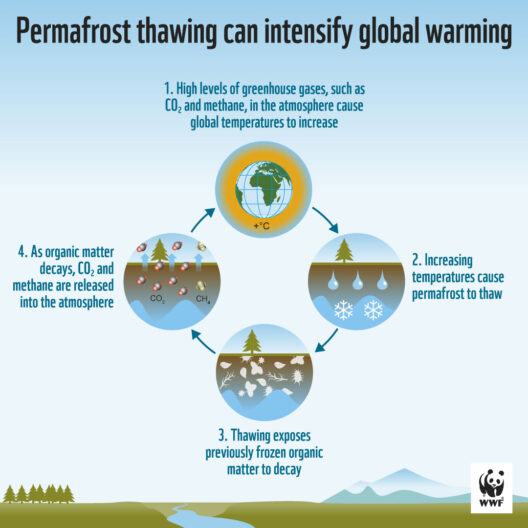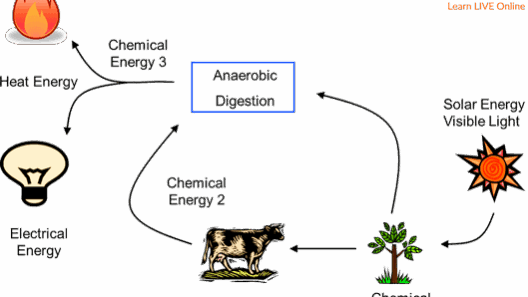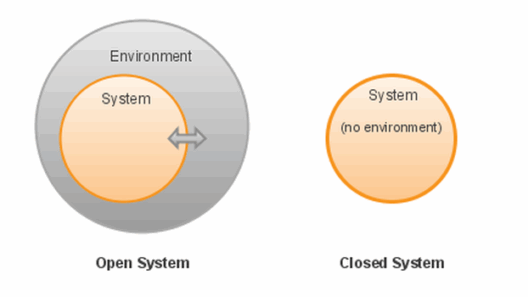What are the most effective ways to conserve renewable energy? What if each of us could become stewards of our planet, ensuring that the resources it offers are utilized in a prudent manner? This is not merely a rhetorical query; it proposes a challenge to all of us. As the global community grapples with the consequences of climate change and seeks to promote sustainable living, the necessity of conserving renewable energy has never been more pertinent.
Renewable energy sources—such as solar, wind, hydroelectric, and biomass—constitute a crucial pillar in humanity’s endeavor to reduce carbon emissions and mitigate global warming. However, the mere generation of renewable energy is not sufficient. The focus must also extend to how we can conserve this energy effectively. Herein, we shall explore various strategies for conserving renewable energy while harnessing nature responsibly.
Understanding Renewable Energy
To embark on this journey of conservation, one must first grasp what renewable energy is. It comes from natural resources that replenish themselves over time, such as sunlight, wind, and water flows. Unlike fossil fuels, renewable energy sources produce minimal carbon emissions and are crucial in the fight against climate change. However, inefficiencies in energy consumption remain prevalent, which accentuates the urgency to implement conservation strategies.
Adopting Energy-Efficient Technologies
One of the foremost ways to conserve renewable energy is through the adoption of energy-efficient technologies. This can vary from installing Energy Star-rated appliances to utilizing smart home technologies that optimize energy usage. For instance, programmable thermostats allow individuals to regulate temperature settings, reducing energy expenditure during off-peak hours. These innovations are designed to reduce the energy required for heating, cooling, and everyday operations, thereby diminishing the overall demand on renewable energy supplies.
Implementation of Smart Grids
Smart grids represent a pivotal advancement in energy conservation. Unlike traditional electrical grids, smart grids utilize digital technology to monitor and respond to energy demands in real time. By integrating sensors and automated systems, they can optimize energy distribution, curtail energy loss, and promote renewable energy usage. This innovation is akin to having a traffic system that adapts to real-time conditions, thereby ensuring that energy flows efficiently and responsibly.
Practicing Mindful Consumption
Another imperative method to conserve renewable energy lies in mindfulness regarding consumption patterns. This involves a conscientious approach to daily habits and routines. Simple alterations, such as turning off lights when exiting a room, unplugging devices, or opting for daylight over artificial lighting, can significantly reduce energy consumption. By being aware of our energy usage and making deliberate choices, we can contribute to a larger movement of conservation.
Utilizing Renewable Energy in Everyday Life
Harnessing renewable energy sources in daily life is a compelling strategy. Homeowners can opt for rooftop solar panels, which capture sunlight and convert it into usable electricity. Similarly, installing wind turbines can harness wind energy for residential use. These investments have the double benefit of reducing reliance on non-renewable sources and minimizing energy costs over time. Furthermore, engaging in community solar projects can enable those who cannot install panels to benefit from renewable energy, highlighting the collective responsibility in energy conservation.
Corporate and Institutional Initiatives
Organizations and institutions play a crucial role in energy conservation by implementing sustainable practices. Corporations can adopt green certifications and invest in renewable energy projects, thus significantly reducing their carbon footprint. Moreover, academic institutions can serve as role models by incorporating renewable energy systems into their infrastructures while promoting sustainability education among students. Encouraging eco-friendly events and initiatives can cultivate a culture of conservation within the broader community.
Legislation and Policy Making
Advocating for comprehensive legislation aimed at promoting renewable energy conservation is another essential avenue. Governments can enact policies that incentivize both individuals and businesses to adopt renewable energy practices. These could include tax credits for renewable energy installations, funding for research into energy-efficient technologies, and mandates for businesses to reduce energy consumption. A robust legislative framework can create an environment conducive to responsible energy use.
Public Awareness and Education
Raising public awareness about the importance of renewable energy conservation is vital. Educational programs can empower individuals with knowledge, helping them understand how their actions contribute to broader environmental impacts. Workshops, seminars, and outreach campaigns can provide crucial insights into energy-saving tips and renewable energy benefits. Engaging the community through social media platforms can amplify the message and inspire collective action.
Adopting Sustainable Transportation Options
Transportation is a significant source of energy consumption, and adopting sustainable alternatives can substantially reduce this burden. Embracing public transit, cycling, and walking, where feasible, not only conserves energy but also fosters healthier lifestyles. Additionally, electric vehicles (EVs) powered by renewable energy sources represent an evolving solution that minimizes fossil fuel reliance and optimizes energy efficiency.
Responsible Resource Management
Finally, responsible resource management is pivotal in conserving renewable energy. This encompasses sustainable agricultural practices, judicious water use, and conscientious land management. Implementing regenerative agriculture can enhance soil health and boost biomass energy production, while responsible water usage can ensure that hydroelectric resources are maintained without depleting vital ecosystems.
As we seek to conserve renewable energy and harness nature responsibly, it is evident that this endeavor requires collective effort and multifaceted strategies. By adopting energy-efficient technologies, embracing mindful consumption, supporting corporate initiatives, and advocating for robust policies, we can pave the way for a sustainable future. The pathway may present challenges—who’s ready to rise and meet them head-on? This is the challenge we face, and how we respond will shape the legacy we leave for future generations.



